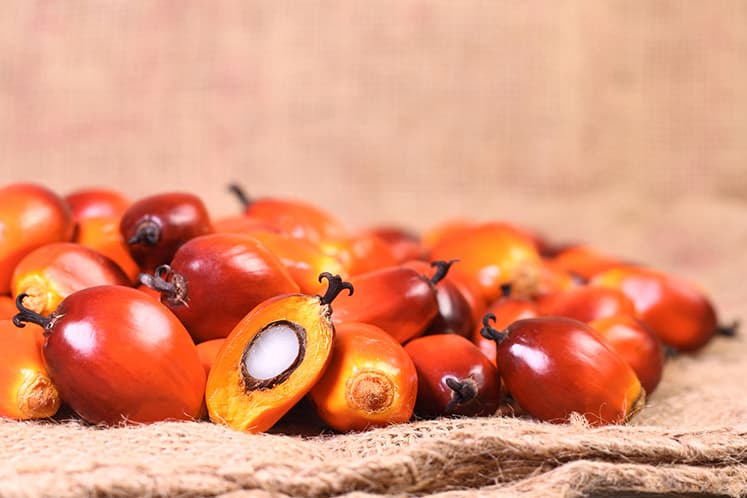
KUALA LUMPUR: The drastic reduction in soybean crushing activities and imports by China could be a big game changer for the global oils and fats market, said leading vegetable oils analyst Thomas Mielke.
Mielke, the editor of Oil World, said Beijing has cut the crushing activities and imports by seven million tonnes so far, following government directives to reduce consumption of soybean meal per animal unit.
While the significant decline in China can be offset by demand elsewhere in the world, the flattish soybean crushing activities and soybean oil production seen can help with a more bullish palm oil market, he said.
“The Chinese Government on purpose gave directions to reduce the consumption of soybean meal per animal unit, because they’ve overfed soybean meal. In this crisis of the US-China trade war, they have come to realise they don’t need that much soybeans. And this is a big game changer for the global market.
“They [have] reduced soybean meal incorporation, which is bad for the crush, but bullish for oil because we have just an unchanged world production of soybean oil in a situation of rising consumption. Dependence on palm will increase, because palm has to take over some of the normal growth of soybean oil,” he said, when speaking at UOB Kay Hian’s annual palm oil and ringgit outlook seminar yesterday.
Last October, the Chinese agricultural ministry announced new standards of protein content in animal feed, whereby annual consumption of soybean meal is cut by 11 million tonnes, and soybeans by 14 million tonnes.
The world's largest consumer of the oilseed is cutting soybean meal in its animal feed after Beijing imposed 25% tariffs on US$34 billion worth of US products, including soybeans last July, in retaliation to US tariffs on Chinese goods of the same amount.
Malaysian estates must replant more
On a separate note, Mielke highlighted that in 2018, Malaysia’s average yield fell below that of Indonesia for the first time, and it will probably not be the last, unless more proactive actions are taken.
He urged Malaysian planters to replant at least 250,000ha of oil palm per year, in order to prevent further deterioration of the extraction which could impact yields. This is because about 20% of oil palm plantations in Malaysia are in the past-prime age of over 20 years old as planters fall behind their replanting initiatives, he said.
“We are not doing the work we should do here in Malaysia, and in Indonesia, to refresh the oil palm which are getting older and older ... The older the trees, the lesser the yields. And for the whole country, even if you have some good plantations, it’s not enough to prevent the long-term decline in yields.
“[Palm oil] may be out-priced by the other seed oils, because they (the big producers of such oils) are achieving yield increases, and a decline in production costs from the adoption of technology such as the genetically modified techniques,” he cautioned. Palm oil productivity must also be raised in order to protect margins that may deteriorate given the labour-intensive nature of the industry, he added.
Overall, Mielke forecast a 2.8-million-tonne growth in global production of palm oil in 2019, to 75.26 million tonnes in total. This is compared with the 72.48 million tonnes of palm oil produced in 2018.
He noted the recovery in palm oil futures, adding that there is additional upward potential, although the upside could be limited by current high palm oil stocks and crude mineral oil prices.
The benchmark third-month palm oil contract closed RM40 lower at RM2,149 per tonne yesterday, recovering some 9% from its November low of RM1,966.
Speaking at the same event, Sudhakar Desai, chief executive officer of Emami Agrotech Ltd, India, said crude palm oil could stage a potential rally in the second and third quarters of this year to trade between US$500 and US$560 a tonne, before softening to trade between US$510 and US$510 towards year-end.